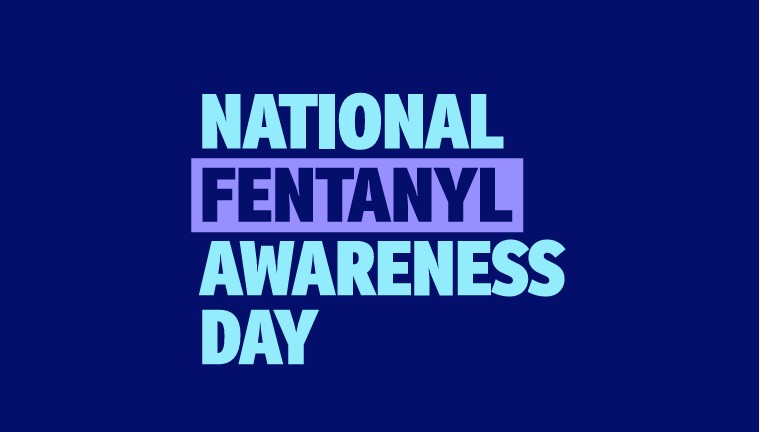Generate local content to supplement the work of your newsroom staff
Chip Hutcheson
Mar 1, 2023


The instruction to “work smarter, not harder” can be heard often in the business world. Do a Google search on that phrase, and you’ll see advice on how that can be accomplished.
However, for community newspapers, I suggest the phrase be altered to say “work smarter and harder.” That’s especially true on the newsroom side as many papers struggle with providing strong local content with less staff.
While there are a number of good content resources available, nothing beats local content. Newsrooms don’t have to produce all their local content, and that’s where the “working smarter” principle comes into play. Here are some ideas on generating local content to supplement the work of a newsroom staff.
• Do you have a city or county historian? Most communities have someone, usually a volunteer, to fill that role. Those folks are passionate about preserving the history of their communities and relish the idea of writing stories that readers will find intriguing. Historians love to dig into “the rest of the story” of well-known businesses of yesteryear, of schools which disappeared decades ago and of local residents who created a legacy that should be remembered. Those historians usually don’t expect any payment. A restaurant gift certificate every few months would thrill the majority of them.
• Look on social media and you’ll likely be able to develop a list of people in your community who have an innate knack of making posts that speak to one’s heart. In my hometown, there is single mother to two children — one of them special needs — and her experiences in that setting will have you laughing one minute and crying the next. It’s worth reaching out to people who don’t have a journalism degree but have the ability to communicate to a large audience because of their life experiences. Most would think it a high compliment for the newspaper to want to publish their stories. In most cases, their writing will reach a larger audience than just their friends on Facebook.
• Your newspaper files can provide easy stories to compile that will be a lure for subscribers. One of our most popular features was called “Looking Backward,” which wrote one–paragraph clips of things that happened in the community 10, 20 and 50 years ago. A retired person or someone just wanting a little extra money to supplement their income could perform this duty. Take an hour or so to provide guidance. For instance, you don’t want to print something from the past that would cause a legal problem. Be especially careful about reporting on weddings — the newlywed couple of 20 years ago might not be married today. Watch out for crime reports — a young adult who got into a scrape with the law might be an exemplary citizen 20 years later.
• Be alert to young talent. Around Christmas, many newspapers print letters to the editor that are provided by local primary and elementary schools. Expand your horizon to middle and high schoolers who author articles for competition. In high school, our daughter won a statewide scholarship for her essay in a Veterans of Foreign Wars competition. Students, their parents and other family members will be thrilled to have works published that originated as a school assignment. Be sure to have a document for them to sign that grants the newspaper rights to publish the article.
• Local content that is helpful to readers involves printing the local school menus and the rosters for local youth football, baseball, soccer and basketball teams. Remember, names make news! Ask the local librarian to provide a brief synopsis of new books that are available. Develop a list of pastors/ministers and ask them to write an article once a month — not promoting their church — but providing a viewpoint on issues of the day.
• Community leaders and elected officials can provide helpful information. There needs to be a stated understanding — it’s not for business gain and not to be a campaign tool. We had a county attorney who provided weekly articles with helpful information to readers related to trends he witnessed, such as what happens when you write a cold check or how the court handles estate claims. We had a mayor who was transparent in twice-a-month articles explaining the reasoning that went into various city decisions. Those can be well received if they are viewed by readers as informative and not self-promoting. In communities with an active Chamber of Commerce, its president or executive director would be wise to provide regular articles highlighting economic progress.
• When thinking of content, the immediate response focuses on writing. But as my wife so often reminded me, people like pictures. Develop a good relationship with school principals, teachers and secretaries, asking them to provide pictures taken with a cellphone of school awards and presentations. Encourage readers to submit photos. Use the best ones in the printed product, but include most in a gallery on the newspaper’s website.
• Finally, letters to the editor should be encouraged. Publish an informational box in every issue that tells how to submit one; list your rules and deadline and always make the statement that all letters are appreciated. If one does not fit the newspaper’s guidelines, contact the writer and explain why, and if possible, suggest how it can be changed to be suitable for publication.
All these suggestions require an element of work to get started. But in the long run, you’ve worked smarter. You then have time to work on your “to-do” list. I agree with a statement by Robert Half as quoted by the Niagara Institute: “The combination of hard work and smart work is efficient work.”
Chip Hutcheson is the retired publisher of The Times Leader in Princeton, Kentucky. He was NNA president in 2015. He currently serves as a content strategist for Kentucky Today, the online news website of the Kentucky Baptist Convention. chiphutcheson@yahoo.com









